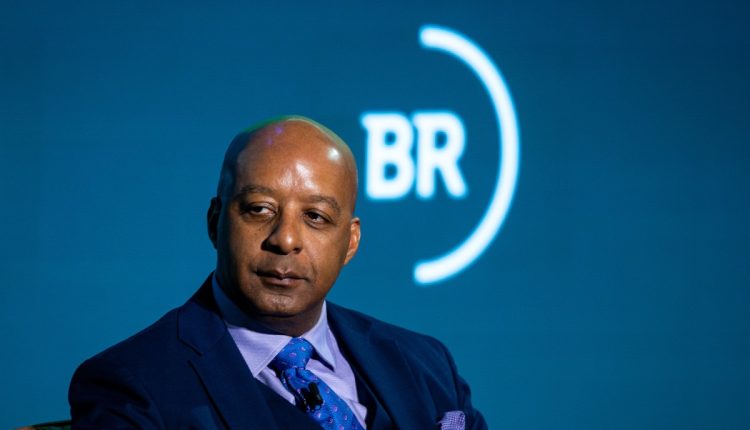Lowe’s CEO Marvin Ellison Advises Gen Z to Prioritize Customer-Facing Roles Amid AI Disruption
Fixing the Workforce Gap: Lowe's $50M Bet on Gen Z in Trades
In a stark counter-narrative to prevailing anxieties about artificial intelligence decimating entry-level jobs, Lowe’s CEO Marvin Ellison has urged Generation Z to pivot toward customer-facing roles and skilled trades, arguing these positions offer greater resilience against automation. Speaking at the Business Roundtable’s CEO Workforce Forum, Ellison emphasized that while AI transforms corporate functions, it cannot replicate hands-on human labor. “AI isn’t going to fix a hole in your roof,” he stated. “It’s not going to respond to an electrical issue in your home. It’s not going to stop your water heater from leaking”. For young workers aspiring to corporate careers, Ellison advised: “Stay as close to the cash register as you can. Stay close to the customers because you will always have employment opportunities to grow”.

Ellison’s guidance arrives amid a turbulent landscape for Gen Z job seekers. Recent graduates face slowed hiring and warnings from leaders like Anthropic CEO Dario Amodei, who predicts AI could eliminate half of all entry-level white-collar roles. Conversely, industries requiring physical skills construction, utilities, oil, gas, and mining, rank among LinkedIn’s fastest-growing sectors for new graduates. The U.S. Bureau of Labor Statistics projects demand for electricians will surge 11% this decade, with plumbers and roofers each seeing 6% growth, outpacing the national average for all occupations.
Addressing the Skilled Trades Crisis
The urgency of reskilling is magnified by demographic shifts. A McKinsey analysis reveals that replacing aging trades workers could require hiring at 20 times the projected annual job growth rate through 2032. BlackRock CEO Larry Fink underscored this crisis, noting the U.S. risks “running out of electricians” due to demand from infrastructure projects like AI data centers.
To bridge this gap, Lowe’s Foundation launched a five-year, $50 million “Gable Grants” initiative, targeting 50,000 new job-ready tradespeople by 2028. Grants ranging from $100,000 to $1 million fund training programs at community colleges and nonprofits, prioritizing fields like electrical work, plumbing, HVAC, and carpentry. The program specifically recruits women, people of color, rural residents, and justice-involved individuals groups traditionally underrepresented in trades.
Divergent Views on AI’s Workforce Impact
While Ellison champions trades as automation-resistant, OpenAI COO Brad Lightcap offers a nuanced perspective: “We have yet to see evidence that people are wholesale replacing entry-level jobs” with AI. Yet the tension between corporate efficiency and human skills persists. Dr. Elena Torres, a labor economist at the Urban Institute, observes: “AI excels at pattern recognition but struggles with adaptive problem-solving, like diagnosing why a wall is crumbling after a storm. That’s where human expertise becomes irreplaceable”.
Critics note contradictions in Ellison’s stance, citing Lowe’s expansion of self-checkout systems that reduce cashier roles. However, the foundation’s grant recipients including Hope Renovations (training women in construction) and Alaska Works (supporting rural workers) highlight a broader societal shift toward “skills-based” economies.
The Path Forward
For Gen Z, Ellison’s message transcends nostalgia; it’s a recalibration of value. Skilled trades offer median wages exceeding $56,000 annually, with apprenticeships avoiding college debt. As Janice Dupré, Lowe’s EVP of HR, notes: “These professionals enter fulfilling careers, not just jobs”.
The AI era may redefine “corporate life,” but as Ellison argues, proximity to tangible problems not PowerPoints could define career longevity. “The trades,” summarizes Torres, “merge economic necessity with human ingenuity in ways algorithms cannot simulate”.
Subscribe to my whatsapp channel


Comments are closed.